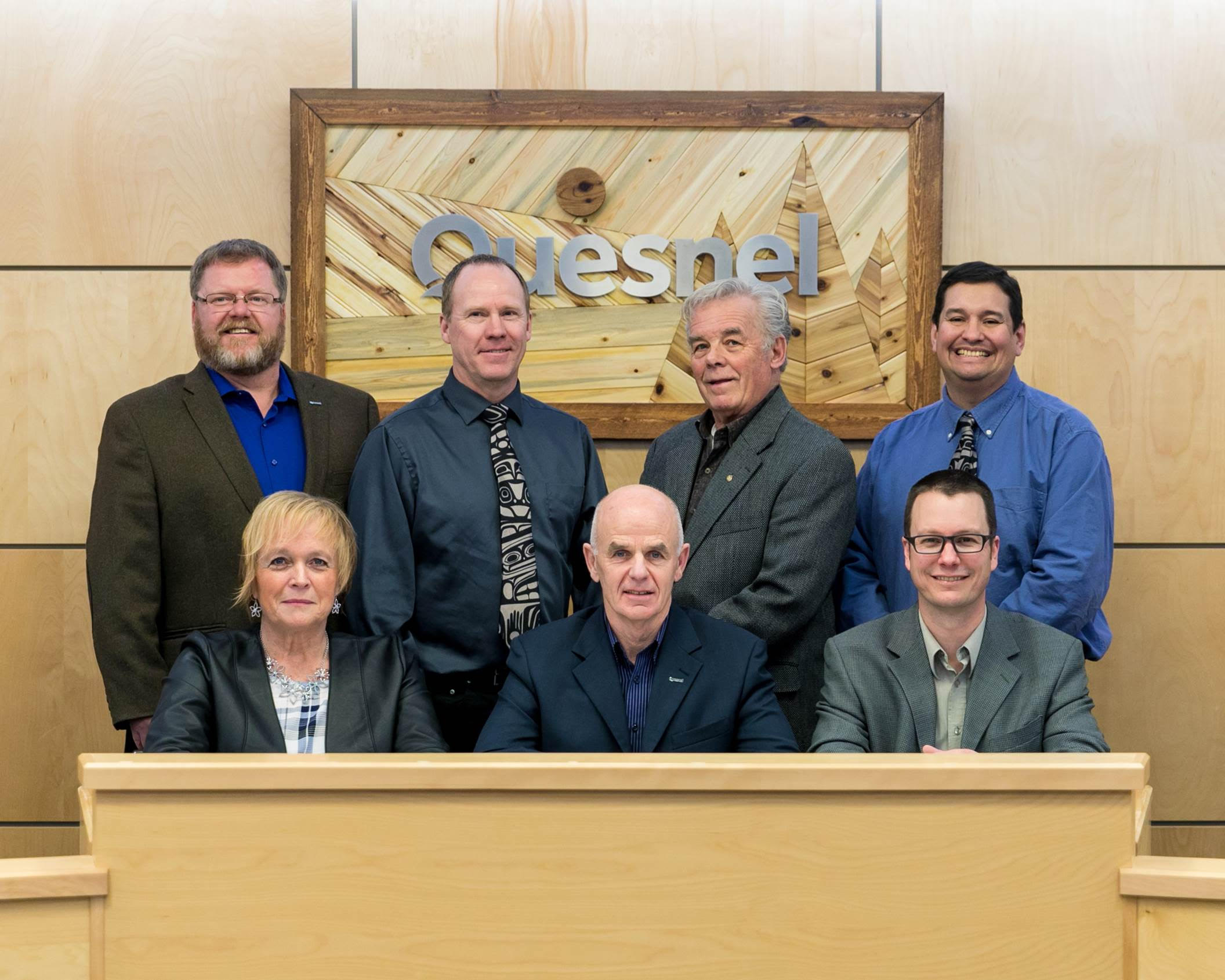Cut taxes by 1.23 percent or use just over 221 thousand dollars to buffer against inflation for the following year ?
That was the question posed to Quesnel City Council on Tuesday night in light of some savings that were found in the 2022 budget.
Rising fuel prices were the biggest concern.
Director of Finance Kari Bolton gave some perspective on what that might look like.
“With the amount of fuel we buy, if it stays where it is now we’re talking 200 thousand dollars easily, and that’s just on our gasoline and diesel. That’s not talking about all our products that have oil in them, the paint we buy, there’s lots of things it could effect.”
Councillor Scott Elliott preferred to put the savings towards next year.
“I think we should get on it now, appreciate the savings, and put it towards the budget year. We saw what happened this year when we didn’t bring money forward from the year before. That’s why our number is so high is because we had to catch up to the year before, so I think this is the right way to go to bring taxation down for next year.”
The vote was 5-2 in favour.
Councillor Ron Paull was one of those opposed.
“I would be voting for option 1, and that further down the road we can make some adjustments if necessary.”
Councillor Martin Runge was also opposed.
“Is there an option three where we do half in half ? I believe we should tax with regards to the services that we offer, and that would mean that we don’t hedge into the future too much. I would rather go for an option three.”
Using the money in this year’s budget would have reduced taxes by about 13 dollars for the average homeowner, or by 5 dollars per 100 thousand worth of assessment.
As for how staff found the savings, Bolton noted that they reduced the transit fund by 50 thousand dollars as it was consistently showing a surplus, they eliminated the need for the solid waste function by taxation for operating costs, and less money was put into the snow reserve as it now has 30 percent more than what is budgeted for next year.




